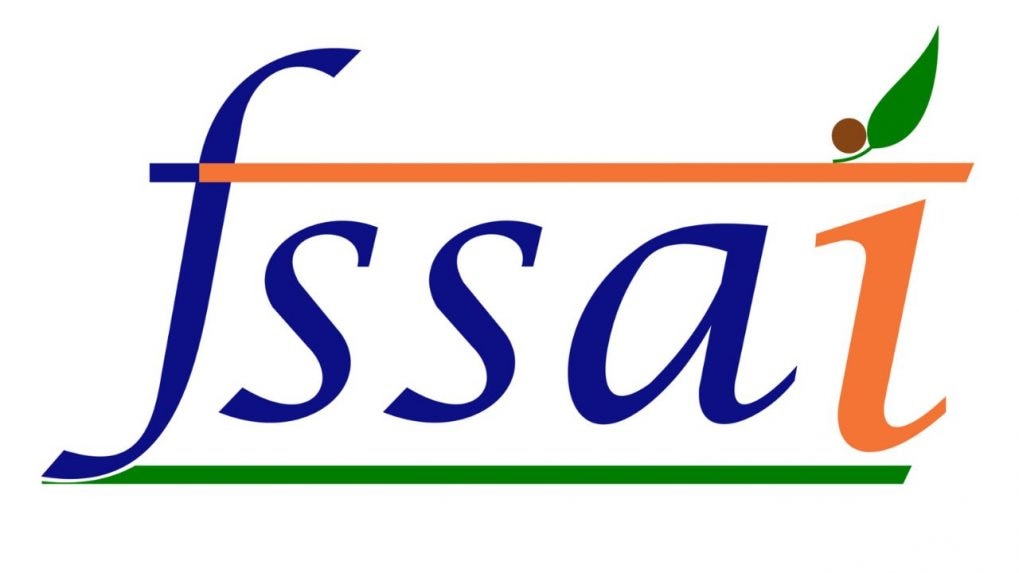Advertising
From Pink Slips to Silent Sidelining: Inside adland’s layoff and anxiety crisis

Samples of commonly consumed food items such as ghee, milk, paneer, and spices should be collected regularly, and the related cases must be disposed of promptly, said the Chief Executive Officer (CEO) of the Food Safety and Standards Authority of India (FSSAI), while addressing state food safety officials during a State review meeting held in Jaipur, Rajasthan on July 16.
Read more: FSSAI tightens grip on ecomm food players, mandates greater transparency and hygiene compliance
CEO, FSSAI stressed the need for speeding up the process of the establishment of Food Safety Laboratory at Bikaner and assured FSSAI’s support. Further, the CEO directed officials to ensure continuous monitoring to strengthen enforcement while emphasising the need for prompt disposal of pending food adulteration cases.
During the review, G Kamala Vardhana Rao, CEO, FSSAI assessed efforts being undertaken under the Food Safety and Standards (FSS) Act, 2006 to prevent adulteration, including pending legal cases, manpower deployment, and other critical aspects.
The importance of concluding adjudication within 90 days of the first hearing of the case, as mandated by the FSS Act 2006 was also discussed in the meeting. Meeting was attended by Additional District Magistrates of various districts who are responsible and appointed as adjudication officers for handling food adulteration related cases.
Read more: FSSAI invites fresh nominations for key posts in Food Authority ahead of term expiry in December
The CEO took stock of the vacant Food Safety Officer (FSO) positions in the state and advised that these be filled at the earliest.
The meeting concluded with a unified resolve by both central and state authorities to strengthen collaboration, enhance regulatory enforcement and food safety compliance throughout the state.
At a recently held high-level meeting, Rao also met with over 70 representatives from leading ecommerce platforms, instructing them to step up hygiene standards and transparency across the food supply chain or face “severe action".
While food delivery and e-grocery apps have seen exponential growth post-pandemic, concerns around quality checks, storage conditions and traceability have grown in parallel.
The regulator is now mandating ecommerce players to clearly display their FSSAI license/registration number on every invoice, receipt and cash memo; promote the FSSAI’s Food Safety Connect app to encourage consumer participation in identifying food safety violations. Additionally, it is also mandated to disclose details of all warehouses and storage units on the FoSCoS (Food Safety Compliance System) portal; train all food handlers and delivery personnel through FSSAI’s mandatory FoSTaC (Food Safety Training & Certification) programme; and explore feasibility of showing expiry or use-by dates at the consumer interface, improving transparency before purchase.
From purpose-driven work and narrative-rich brand films to AI-enabled ideas and creator-led collaborations, the awards reflect the full spectrum of modern creativity.
Read MoreLooking ahead to the close of 2025 and into 2026, Sorrell sees technology platforms as the clear winners. He described them as “nation states in their own right”, with market capitalisations that exceed the GDPs of many countries.